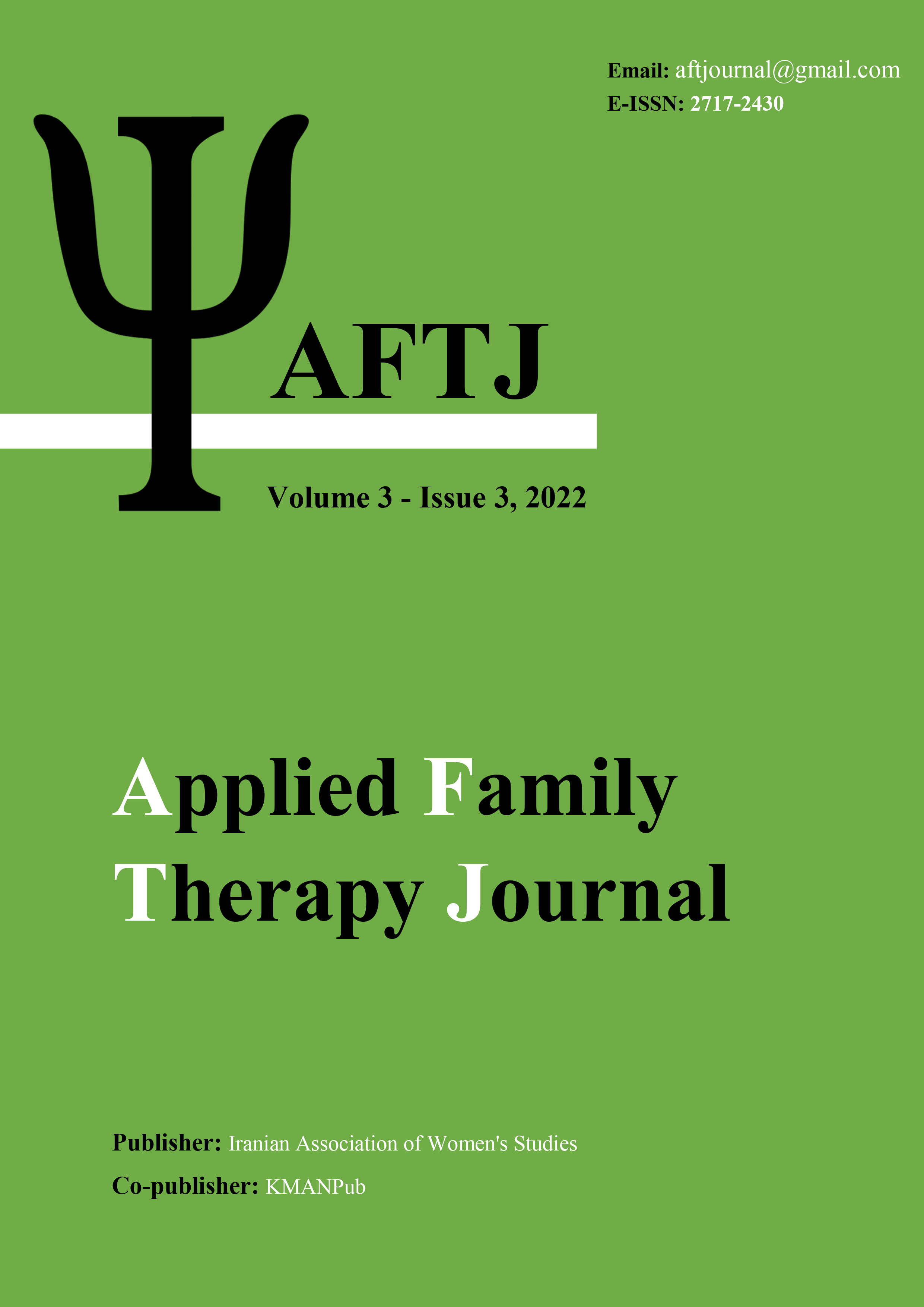Modeling the Relationship Cognitive Flex ibility and Self-Differentiation with Successful Marriage: The Mediating Role of Cognitive Emotion Regulation
Keywords:
Successful marriage, Cognitive flexibility, Cognitive emotion regulation, Self-differentiation.Abstract
Aim: This study aimed to model the relationship between Cognitive Flexibility and Self-Differentiation with Successful Marriage by considering the mediating role of cognitive emotion regulation. Methods: This study was a descriptive correlational study of structural equations. The statistical population of the study was married men and women in Tehran. Using the available sampling method, 635 people from the statistical population of the study in the period of summer (1398) to summer (1399) were selected. To collect the data for this study, Hudson Successful Marriage Index Questionnaire(1992), Garnefski, Critch, and Spinhaven Cognitive Emotion Regulation Questionnaire(2001), Skowron and Friedlander Self-Differentiation Questionnaire(2003) were used. Results: The results showed that the predictor variables of cognitive flexibility with a correlation coefficient of 0.45 and self-differentiation with a correlation coefficient of 0.26 are related to the criterion of successful marriage at a 99% confidence level (P<0. 01). Cognitive emotion regulation also plays a minor mediating role in the relationship between cognitive flexibility and self-differentiation with a 95% confidence level. Conclusion: Therefore, in premarital counseling and enriching couples' relationships, the role of training cognitive emotion regulation skills as well as cognitive flexibility and self-differentiation is very important and requires more attention from counselors and stakeholders.
Downloads
Downloads
Published
Issue
Section
License

This work is licensed under a Creative Commons Attribution-NonCommercial 4.0 International License.





















